The EV revolution has stalled — and this new poll reveals why
Less than half of Americans plan to buy one
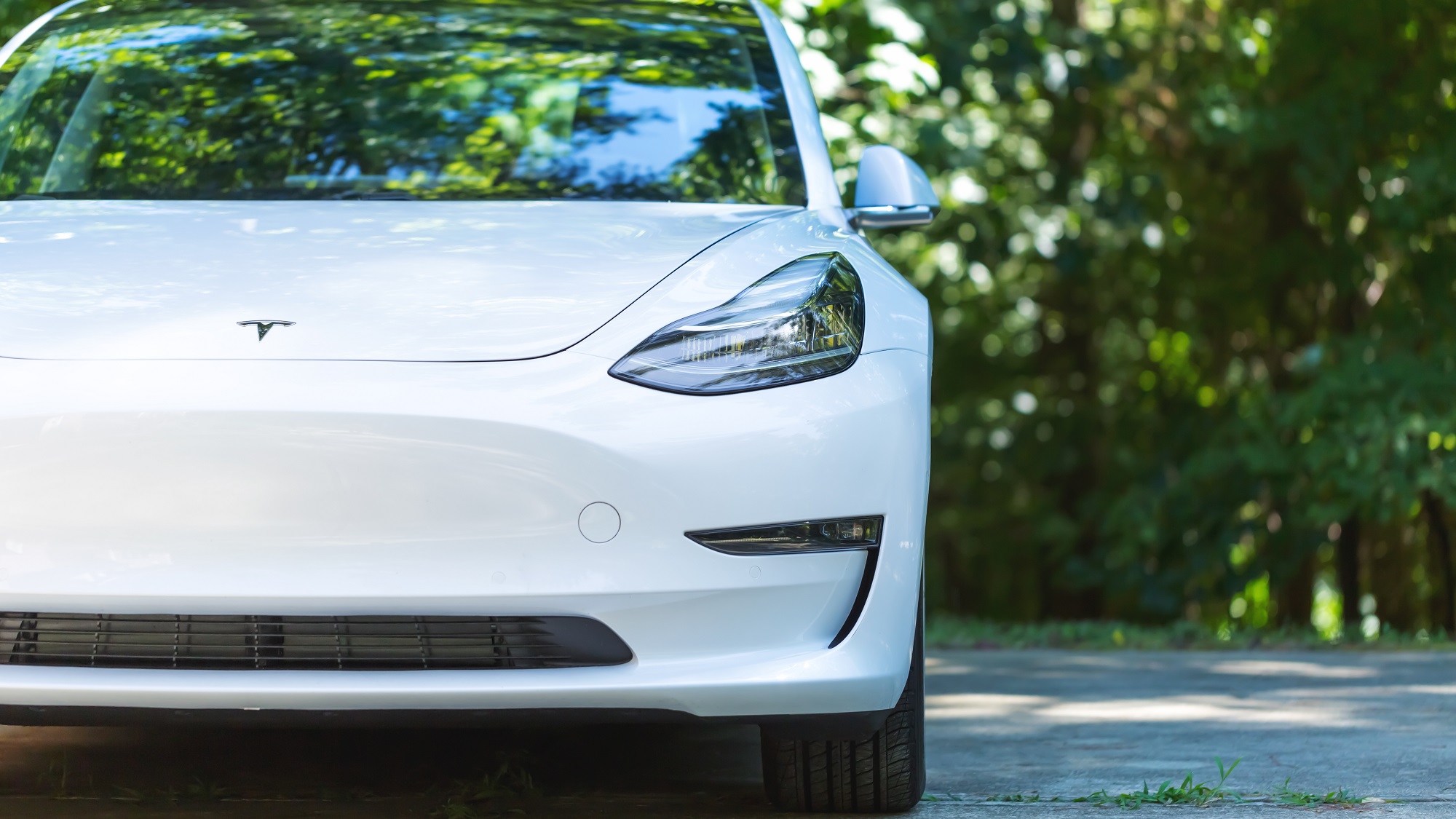
While EVs have been rapidly advancing, we’re now at this critical juncture where it's not about proving if the tech is there, but rather, trying to convince consumers that electric vehicles are worth it. Recently, a poll by the Associated Press suggests that U.S. car shoppers are still reluctant about buying an EV for their next purchase — with 46% saying they’re either not at all likely to turn to an EV or not too likely to buy one.
I can certainly understand that hesitation, having experienced many surprising and shocking things about EVs during the last several months I’ve been covering them. However, it’s the same set of reasons reiterated again and again in other articles. So while the same reasons exist, people neglect to realize how these obstacles are being overcome.
Frankly, I’ve had my own reservations about how practical it really is to use an EV daily. But with each new electric car I drive, I’m uncovering more reasons why they’re the future in the automotive space.
Pricing is still the biggest roadblock
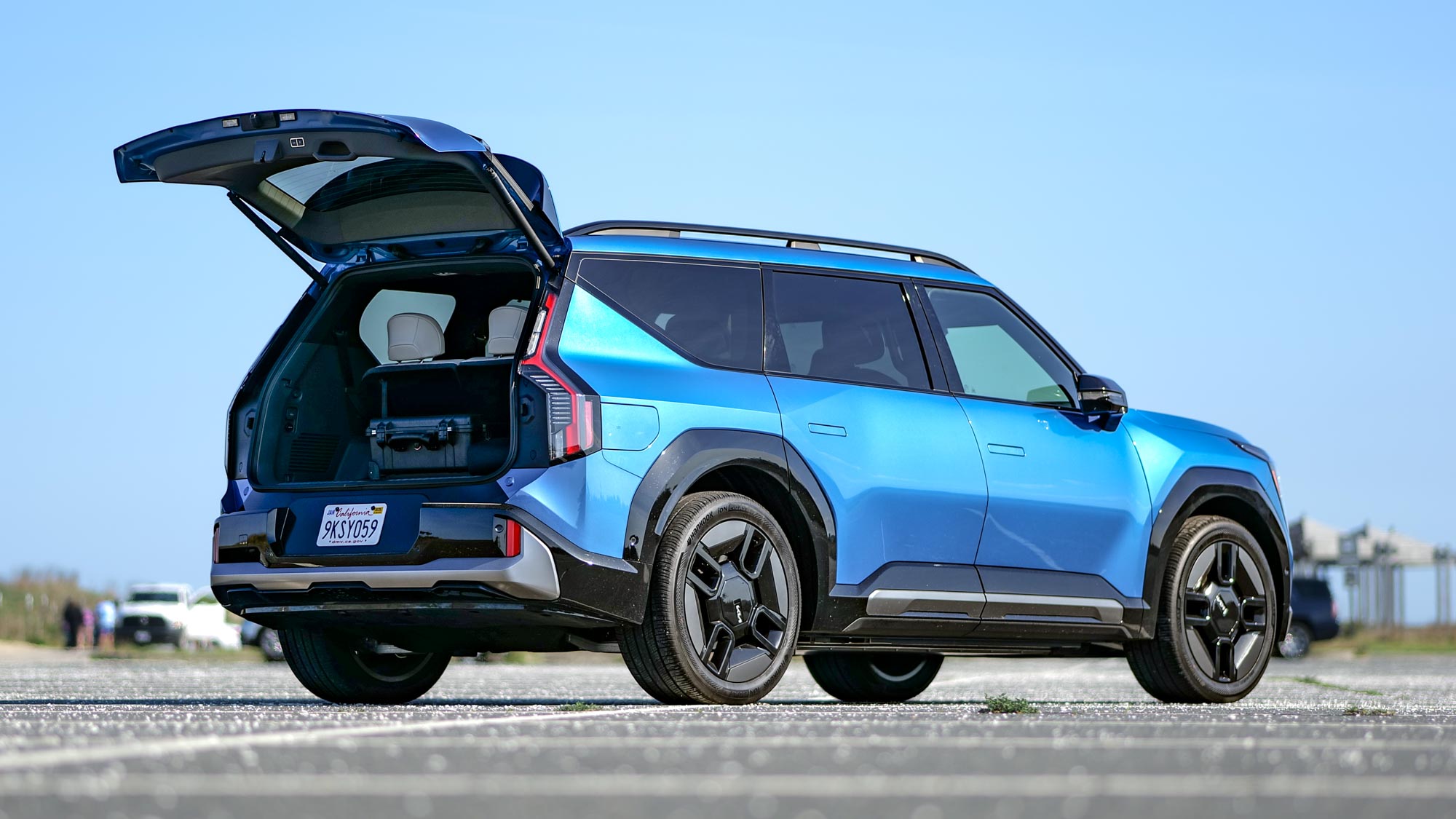
The poll, conducted by The Associated Press-NORC Center for Public Affairs Research and the Energy Policy Institute at the University of Chicago, indicated that about 4 in 10 adults say they would be at least somewhat likely to buy an EV when the time comes to buy a new car. That means that more than half still won’t.
One of the biggest reasons for that reluctance comes down to the high cost of EVs over traditional ICE (Internal Combustion Engines) vehicles. It doesn’t take a rocket scientist to figure out this is true. Kelly Blue Book reports that the average price for electric cars was $55,242 in April 2024, which is a significant markup over the $44,989 average cost for gas-powered ones. However, the data shows that EV prices have been steadily declining.
Nowadays, some of the best cheap EVs start at under $50,000 — with a handful going for around $40,000. The hardest people to convince are the ones who last bought a vehicle more than 10 years ago, when they thought $25,000 was considered affordable. That’s why it’s such a shellshock when they look at EVs and see them going north of $50,000. I'll be the first to agree with them, too.
We’re not yet at a point where sub-$30,000 EVs are the norm, but we’re getting close. Take for example the Tesla Model 3, which starts off at around $39,000, but can be fetched for as low as $34,000 with rebates. There’s also the upcoming Kia EV3, a compact-size SUV that shares the styling and features of the mid-size EV9, but at a much more attractive $35,000 rumored cost.
Sign up to get the BEST of Tom's Guide direct to your inbox.
Get instant access to breaking news, the hottest reviews, great deals and helpful tips.
Range anxiety
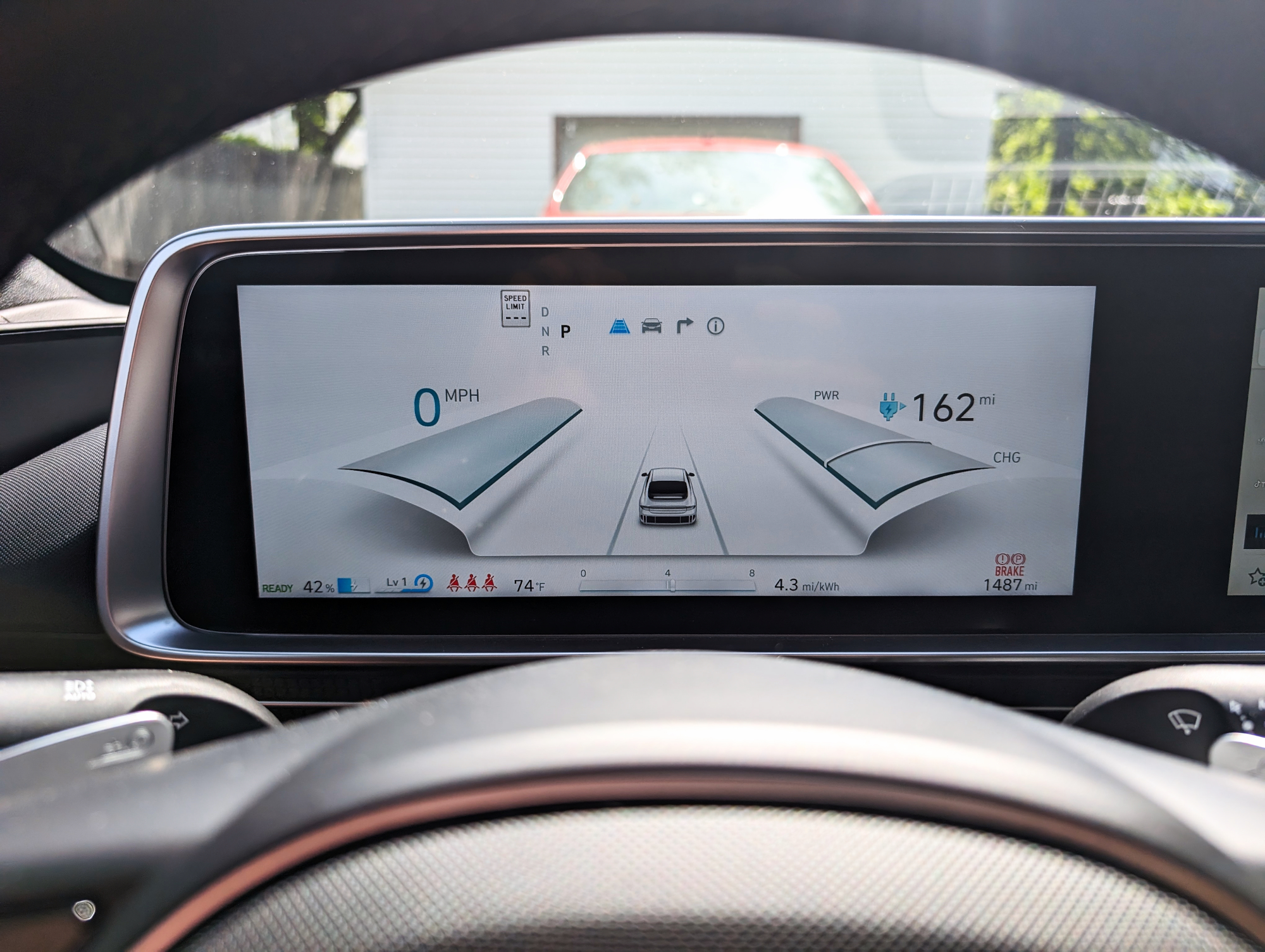
Another reason why people are hesitant to buy an EV revolves around how they don’t have the longer range of traditional ICE vehicles. Back in 2020, the EPA’s Automotive Trends Report detailed that the average fuel economy of light-duty vehicles in 2020 came out to about 25.7 miles per gallon. Again, I can understand the reluctance of buying an EV when they see models that get 300 miles of range on average.
My own Toyota Corolla can get about 28 mpg on a good week, which amounts to a range of 369 miles with its 13.2 gallon gas tank. Some of the best EVs can get a range of about 320 miles, such as the Hyundai Ioniq 6 I test drove a while back. The gap is narrowing, but more importantly, EVs are being engineered to go farther.
For example, I test drove the 2024 Lucid Air Pure RWD a couple days ago and it’s proof that range should no longer be a roadblock for EV adoption. It has an estimated range of 419 miles, which is better than what most ICE vehicles could get with a full tank (mine included). For long trips and vacations, EVs are beginning to prove this is no longer a limitation.
On average, commuters in the U.S. travel a total 42 miles with their commutes. While there are exceptions, EVs have enough range and then some to get them through a typical work week. If they’re still reluctant, then I’d point out the advantages of PHEVs (plug-in hybrids), which offer the best of both worlds in my opinion. Not only do they have better fuel economy because of their hybrid power, but they also have dedicated all-electric power — typically reaching a range of around 30 to 40 miles.
EV charging times
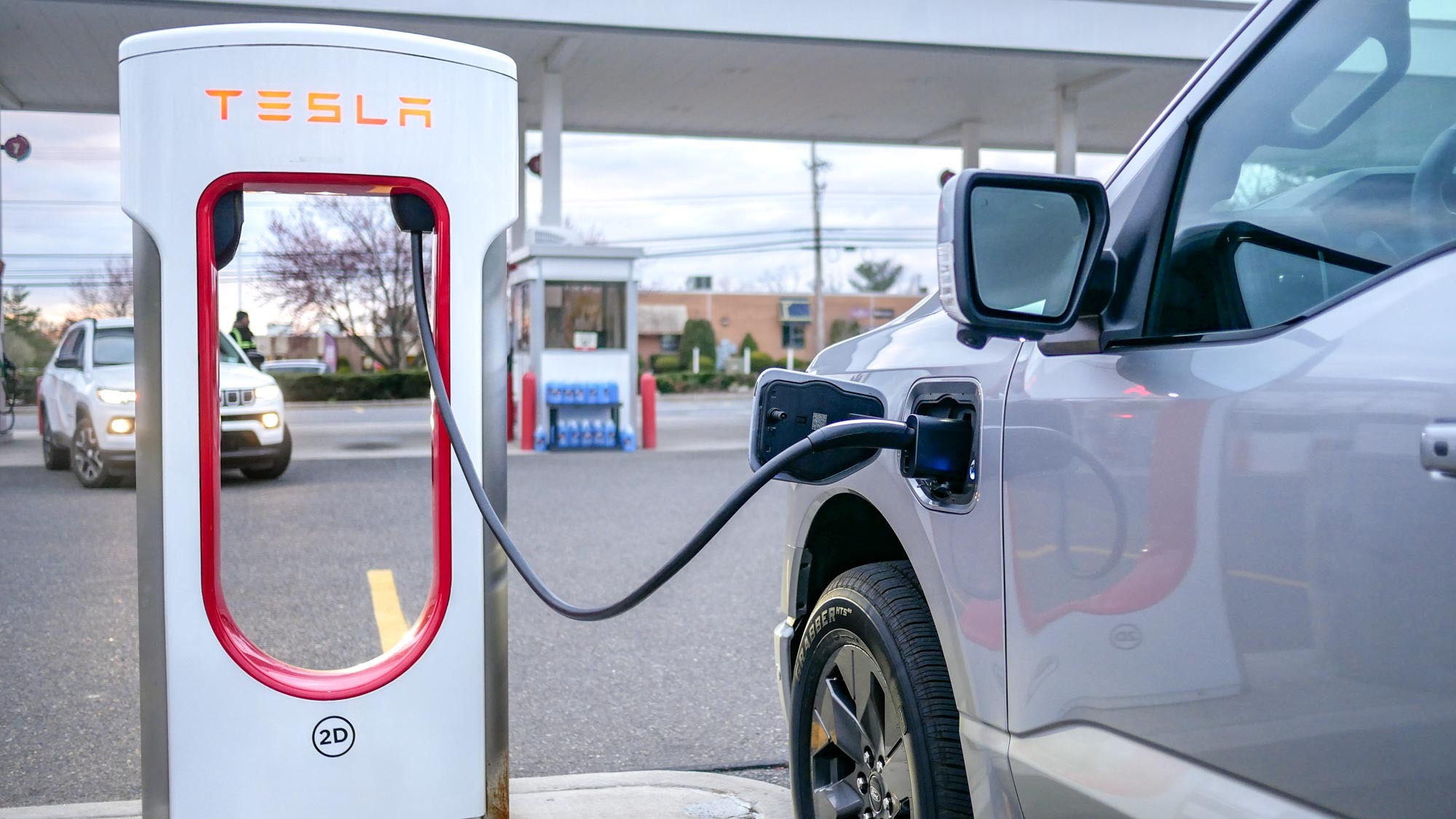
Habits are difficult to break, especially when people are used to going from empty to full tanks in about 5 minutes at the gas station. This is yet another major reason in the poll, which lists 4 in 10 people indicating they won’t buy an EV because it takes too long to charge. I will agree that EV charging stations aren’t as ubiquitous as gas stations, but the irony here is that most EV drivers do their charging at home.
The only time they would charge at a station is during an emergency situation when they’re running desperately low on power, or if they’re doing long distance driving. For the majority of time, charging is done at home — where I found out it’s more effective to do with a Level 2 charger instead of a Level 1. I learned the hard way, but this is what car shoppers need to be aware about.
I would also claim that even with long distance driving, the 30 minutes of charging an EV isn’t terrible because I’d surmise that would still be the same amount of time you’d spend at a pitstop to grab food and a bite to eat — all while filling up on gas. If you don’t do a lot of driving, this argument of EVs taking long to charge shouldn’t be a big deal because most people charge overnight at home, when the electric rate is the cheapest.
Better long term savings with EVs
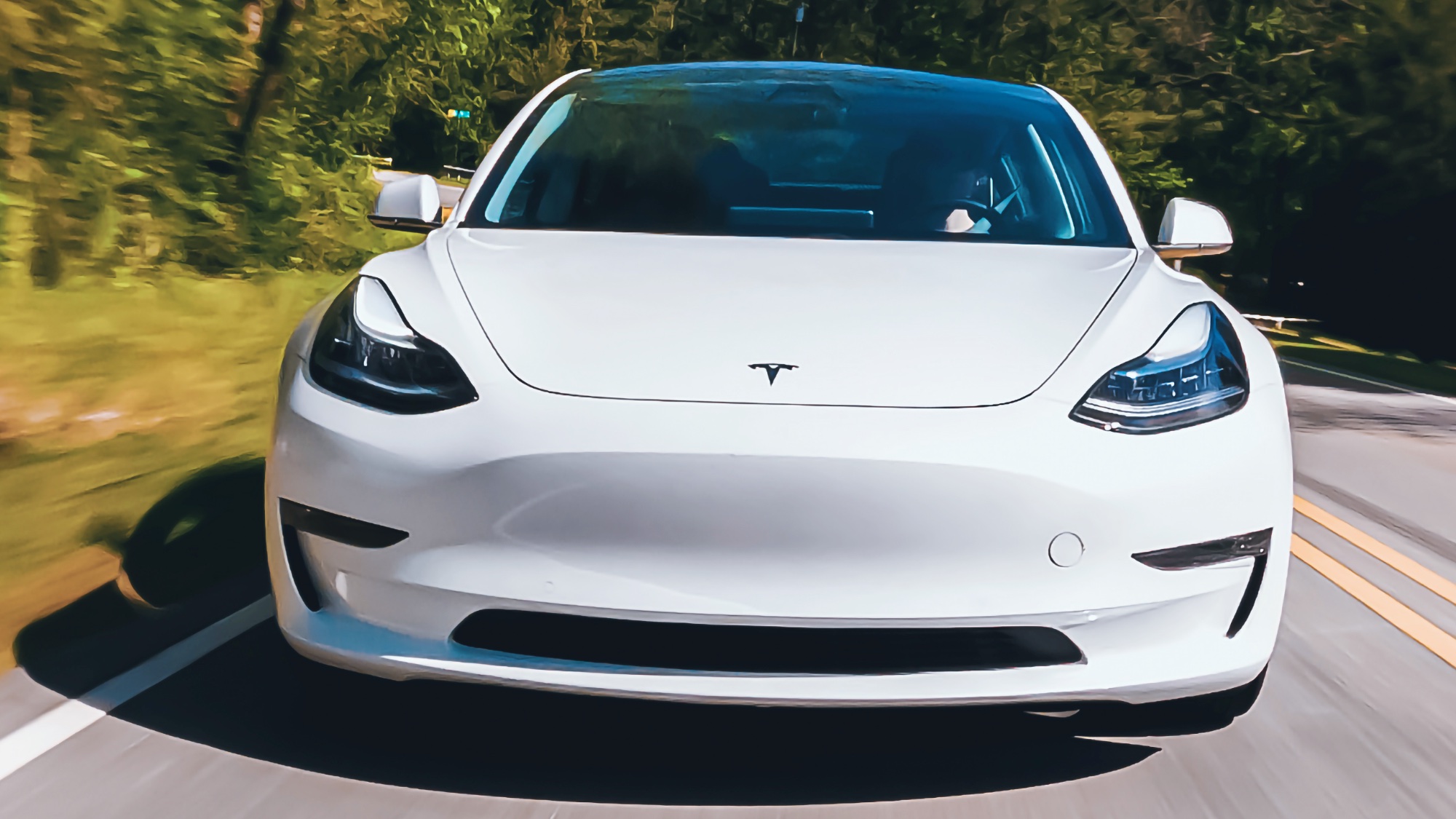
This brings me to my final point: the true value in buying an EV. You’ll save more money in the long term by charging your vehicle at home. I haven’t bought an EV yet, but after running the numbers on what I’m eying for my next car, there’s no question that an EV will save me more money in the long run.
Yes, there’s the higher upfront cost that makes buying an EV difficult, but I don’t like having to pay $40-plus to fill up my car each time. You also won't need to spend the usual amount for maintenance services on EVs, like oil changes and other fluid flushes. And yes, the biggest savings here is that you won't have to buy gasoline because the electric cost to charge an EV at home is substantially cheaper.
I’m also excited to see more and more EVs coming in at around $35,000, with the hope that one day soon we’ll have one closer to $25,000. The roadblocks to buying an electric car are becoming fewer.
More from Tom's Guide

John’s a senior editor covering phones for Tom’s Guide. He’s no stranger in this area having covered mobile phones and gadgets since 2008 when he started his career. On top of his editor duties, he’s a seasoned videographer being in front and behind the camera producing YouTube videos. Previously, he held editor roles with PhoneArena, Android Authority, Digital Trends, and SPY. Outside of tech, he enjoys producing mini documentaries and fun social clips for small businesses, enjoying the beach life at the Jersey Shore, and recently becoming a first time homeowner.
-
reader134 This article is a lie about the savings. All the savings are more than offset by the massive replacement cost of the battery. The cost to replace a Tesla model S battery is $15k-$20k. You are so unbelievable screwed when the battery needs to be replaced. EVs really haven't been out very long for people to realize this. But what happens when you have a battery die and it costs $20k to replace. If you don't replace it, the car is worth $6k. If you do put $20k into the car is worth $12k. I'd say cut your losses and go back to ICE with that option. What would you do. Would you put $20k into a $6k EV that needs a battery replacement but is only worth $12k if you do?Reply
I say HELL NO! The biggest problem with EVs is the battery replacement cost that destroys the practicality conversation. Meanwhile, my 1996 Corvette is still running like new. The only thing I've had to replace? You got it, the battery. But fortunately, a new battery is $200. That's a lot more affordable. The current technology in EVs is not scalable and not practical for the long term. Let me know when there is a new technology that makes batteries last 50 years. -
BillT1 Reply
This is a lie. Battery packs are under warranty. My Tesla 2018 Model 3 needed a new battery this year and it cost $0. I just had to leave it at the shop for two weeks, and got a 2023 Model 3 as a loaner, free of charge, for those two weeks.reader134 said:This article is a lie about the savings. All the savings are more than offset by the massive replacement cost of the battery. The cost to replace a Tesla model S battery is $15k-$20k. You are so unbelievable screwed when the battery needs to be replaced. EVs really haven't been out very long for people to realize this. But what happens when you have a battery die and it costs $20k to replace. If you don't replace it, the car is worth $6k. If you do put $20k into the car is worth $12k. I'd say cut your losses and go back to ICE with that option. What would you do. Would you put $20k into a $6k EV that needs a battery replacement but is only worth $12k if you do?
I say HELL NO! The biggest problem with EVs is the battery replacement cost that destroys the practicality conversation. Meanwhile, my 1996 Corvette is still running like new. The only thing I've had to replace? You got it, the battery. But fortunately, a new battery is $200. That's a lot more affordable. The current technology in EVs is not scalable and not practical for the long term. Let me know when there is a new technology that makes batteries last 50 years. -
Andrew Chalnick If tariffs were not so steep on Chinese EVs, the EV story in the US would be very different. EVs in China are already 45% of all new car sales. In the US, they would be selling like hotcakes.Reply -
CAR_MAN Negative Headline with essentially a positive view of EVs. Interesting. Yes, most charging is done @ home so an EV could work as an “around town” 2nd car…once the prices become more reasonable, quality improves dramatically, service locations increase, and repair expense & time decrease. I think 5 years out they will be better but not for the average family yet. Ditto, the family car for all the reasons about plus all the issues are magnified for longer trips making it more of a challenge unless you enjoy living on the “bleeding” edge of technology. Service centers …”forgetaboutit”! Mileage duration might be getting closer but charging stations & chargers are nowhere near as plentiful as gas stations and pumps. You can only pray that the charging station in Nebraska you are planning to use is actually operational so you and the car don’t have to be transported back to Denver to simply be recharged. Then, of course, there is the holiday travel volume which creates the long wait line fiascos which dwarf the actual charging time. Think CA @ Turkey time.Reply
